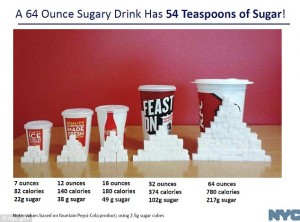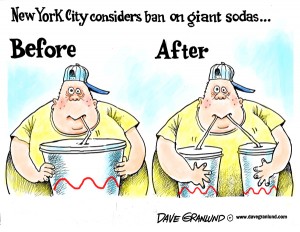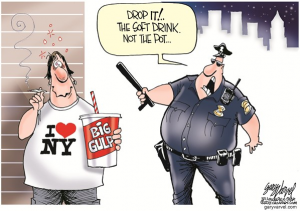 Cecilia blog post highlights the importance of refraining ourselves from purchasing low cost clothing as workers producing those clothes are being exploited. We often criticize firms for not behaving ethically, but the irony is that most of us end up buying their products anyway. Some customers do so because they are not aware of the company’s malpractice. However, most customers have the knowledge, but still chose to purchase with the unethical firms because the latter charges half the price for similar products. With the “fast fashion”, customers nowadays tend to overlook quality and this demonstrate that price is one of the major factors that influence purchases.
Cecilia blog post highlights the importance of refraining ourselves from purchasing low cost clothing as workers producing those clothes are being exploited. We often criticize firms for not behaving ethically, but the irony is that most of us end up buying their products anyway. Some customers do so because they are not aware of the company’s malpractice. However, most customers have the knowledge, but still chose to purchase with the unethical firms because the latter charges half the price for similar products. With the “fast fashion”, customers nowadays tend to overlook quality and this demonstrate that price is one of the major factors that influence purchases.
I also agree that even though we do not directly support improving working conditions in developing countries like Asia, our choices in purchasing from businesses using the Triple Bottom Line can have an impact on the other firms’ decisions. Unethical companies will soon realise that their immoral acts can be a competitive disadvantage. Hence, our ethical decisions support firms like Arthur & Henry’s business to maintain their CSR approach and create shared values, which encourages other firms to change their attitude.
Adding to what Cecilia mentioned about how we should
“evaluate the possibility that many low cost clothing is produced where workers are being exploited”
I would like specify that we should not always assume that cheaper products always come from firms exploiting workers. For example, many franchises benefit from economies of scale such as lower costs for raw materials as a result of bulk buying. Hence, it allows them to sell at lower prices than their competitors, but the reason behind their low prices are the cheap material cost and not low labour cost.
Image source: http://omiusajpic.org/files/2013/07/DSC06376.jpg
 In 2012, a proposal to ban +16 ounces soda drinks (a beverage linked to obesity) created a global debate. According to the
In 2012, a proposal to ban +16 ounces soda drinks (a beverage linked to obesity) created a global debate. According to the 
